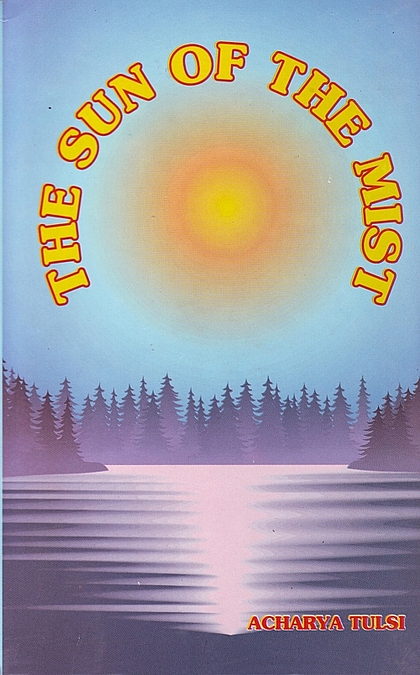To exercise power, force is needed, isn't it? This is a pertinent question. Allied with that there can be many solutions as there are problems; there is no question without some answer. As regards the running of administration, the issue seems clear; nothing can be accomplished without power. Power is of two kind moral power and weapon-power. Without moral power a man cannot properly administer. As regards weapon-power, this, too, is required to some extent. But such power, by itself, accomplishes nothing. The more important elements are-intelligence, discrimination, courage and the capacity to take decisions. The administrator, who does not possess all these four elements together, cannot properly exercise power. A ruler may have a big army, a large accumulation of armaments, but in the absence of right understanding and without the ability to take the right decision in time power itself becomes a curse. Generally, in the exercise of national and social power, the element of force, though necessary, is not the primary one, the corridors of power can be safely traversed if an individual ruler's character and alertness are allied with public sympathy. In the absence of any one of these elements, the ruler is surrounded by controversies. Then, whether it is he who controls power, or power controls him, becomes difficult to tell.
In the Jain "Agamas" is found an episode between king Chandpradyot and Udyan. Chandpradyot was a very powerful emperor; Udyan, a petty rule, with limited power. However, Chandpradyot did not possess a good character; he had lost the trust of his subjects. Consequently, he became a prisoner. If power were everything, he would not have met the ill-fate the did.
There is also the famous confrontation between Rama and Ravana. Ravana’s great authority and power held the whole world in terror. Rama was an exile. He did not have a big army, nor armaments, and no other equipment. Still he challenged Ravana’s power and vanquished him. Because Ravana’s Character had deteriorated, his understanding had deserted him, his capacity for taking right decisions lapsed, and he had lost his people’s faith in him, thus sowing the seeds of discord in his own house. If force were everything in the exercise of power, Ravana would not have been killed, nor would the Kauravas have suffered defeat. But there is no need to hark to the remote past. The recent history of India is a witness. The English held the reins of Government in India. There was no dearth of power. That they were compelled to quit India was not because of lack of force. All these things go to prove that intelligent people cannot be ruled by force alone.
The direction of a religious organisation, too, is like exercising power. Millions of people are held in discipline. There is no army, no weapons and no use of force. Still all the works are properly executed. This lead us to the conclusion that the principle of exercising power through force can only be partially acceptable, and that, too, in combination with other elements.
 Acharya Tulsi
Acharya Tulsi
